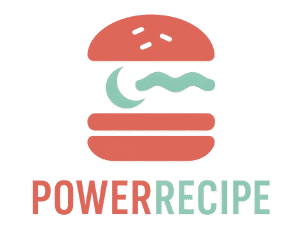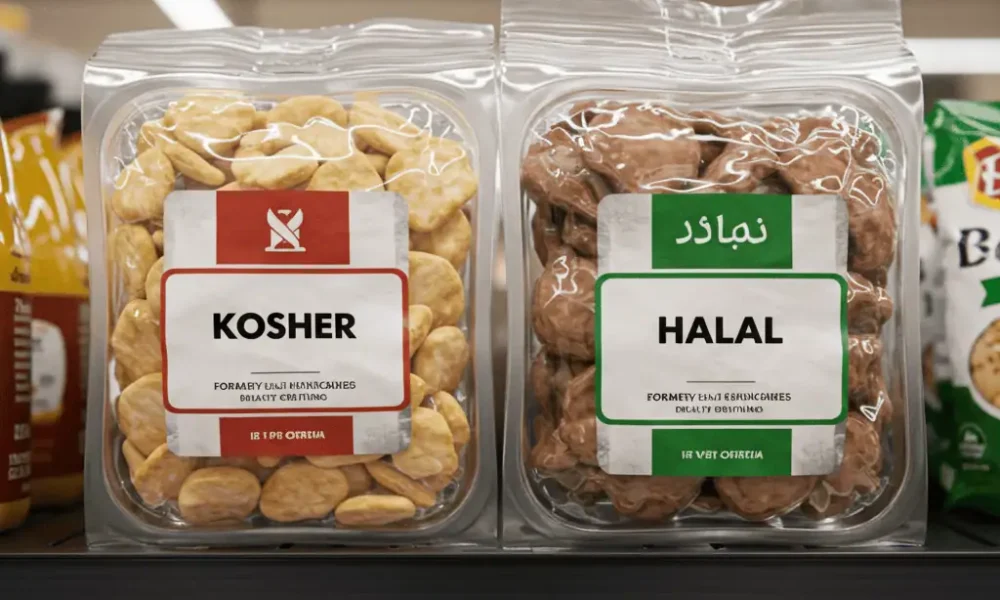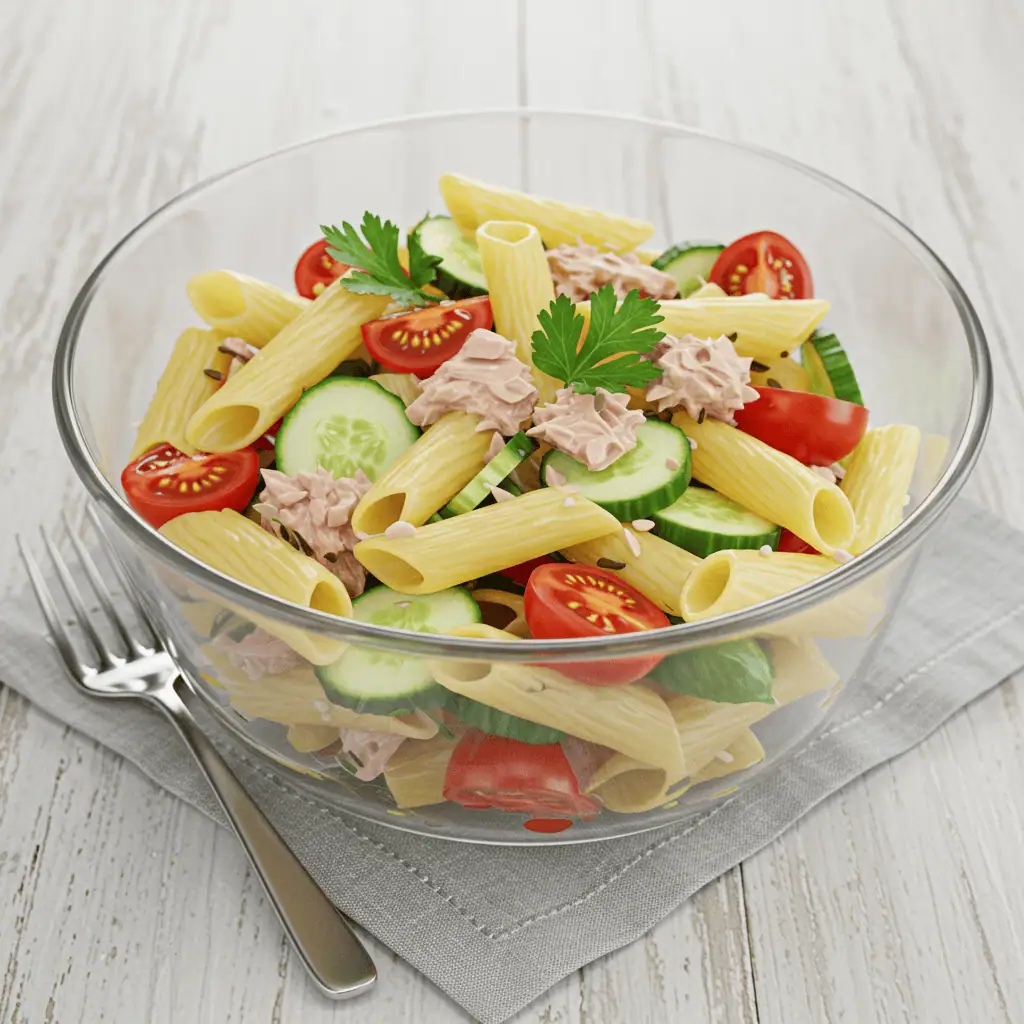Kosher and Halal Food: What Makes It Different & Can They Overlap?
Navigating the world of religious dietary practices can be confusing, especially when it comes to kosher and halal food. While both represent sacred systems of eating grounded in centuries of tradition, they come from two different faiths—Judaism and Islam—and carry distinct rules, methods, and spiritual significance.
This article dives deep into the origins, differences, and surprising similarities between kosher and halal food. You’ll also learn about certification processes, modern food industry challenges, cultural impacts, and answers to common questions like “Can a product be both kosher and halal?” or “Is Chick-fil-A halal in the USA?”
Learn more about balanced meal ideas like these for specific dietary needs: Cheap Meal Prep Ideas
Let’s explore what makes kosher and halal food unique—and where they might overlap.
Introduction to Kosher and Halal Food
What Does “Kosher” Mean in Food Practices?
Kosher refers to food that aligns with the Jewish dietary laws known as Kashrut. These rules are drawn from the Torah and further interpreted in the Talmud. They define what Jews can and cannot eat, how food should be prepared, and how animals must be slaughtered.
Key principles include:
- Only certain animals are permitted (e.g., cows, sheep, but not pigs or shellfish).
- Meat and dairy cannot be consumed or cooked together.
- Animals must be slaughtered by a Shochet, a trained and certified Jewish butcher, using the Shechita method.
Kosher laws extend beyond ingredients—they include how food is processed, utensils used, and how kitchens are organized. This means even a perfectly “kosher” ingredient might be non-kosher if prepared improperly.
For those following a kosher diet, certification is vital. Look for symbols like OU, OK, or Kof-K on food packaging to confirm kosher compliance.
Check out these healthy breakfast sausage options that could be adapted for kosher requirements: Healthy Breakfast Sausage Recipes
What Is Halal Food and Its Origins in Islam?
Halal is an Arabic word meaning “permissible” and refers to foods allowed under Islamic law, guided by the Qur’an and Hadith (sayings of Prophet Muhammad). Just like kosher, halal is about more than food—it’s a way of life based on cleanliness, ethics, and obedience to divine law.
Halal food laws emphasize:
- Prohibited items include pork, alcohol, and animals not slaughtered in the name of God.
- Meat must be slaughtered via Zabihah, a ritual involving swift, humane cutting while invoking the name of Allah.
- Food must be free from contamination with haram (forbidden) substances during processing or packaging.
Certification from reputable organizations such as IFANCA, HFA, or Halal Monitoring Committee ensures transparency in halal food products.
Halal is often embraced not just by Muslims but also by people looking for clean, ethical food alternatives.
Religious Foundations Behind Kosher and Halal
Judaism’s Dietary Laws: Kashrut Explained
In Judaism, food isn’t just about nourishment—it’s deeply spiritual. The dietary laws known as Kashrut form one of the key pillars of religious observance for practicing Jews. These laws come directly from the Torah, especially in books like Leviticus and Deuteronomy.
Here’s what sets kosher apart:
- Permissible animals: Only land animals with split hooves that chew their cud (like cows and sheep) are kosher. Fish must have fins and scales. Birds like chicken and turkey are allowed, but predatory birds are not.
- No blood consumption: Blood must be fully drained from meat, typically through salting.
- Separation of meat and dairy: This rule is non-negotiable. Separate utensils, pots, and even sinks are often used to uphold this law in kosher kitchens.
Why do these laws exist? While the Torah doesn’t provide scientific explanations, they are seen as divine commandments. Some rabbis interpret them as a way to cultivate discipline, holiness, and mindfulness in daily life.
Looking for inspiration? Try this nutrient-rich rainbow bowl that fits many kosher requirements: Quinoa Chickpea Rainbow Bowl Benefits
Islamic Guidelines: The Role of the Qur’an and Hadith in Halal
Halal, in contrast, is rooted in Islamic scripture—the Qur’an—and elaborated through the Hadith. Eating halal is considered a form of worship and a sign of obedience to Allah’s commands.
Core elements of halal law include:
- Zabihah slaughter: The animal must be alive and healthy at the time of slaughter. The slaughterer recites “Bismillah Allahu Akbar” (In the name of God, God is great) while swiftly cutting the throat. The blood must be completely drained.
- Haram (forbidden) substances: Muslims must avoid pork, intoxicants (including alcohol), carrion, and animals sacrificed to other than Allah.
- No cross-contamination: Like kosher practices, halal food must not be contaminated with non-halal items during production or packaging.
It’s not just about the act of eating—it’s about ethics, respect for life, and following divine guidance. In modern settings, halal certification plays a big role in ensuring that mass-produced food remains compliant.
Discover great meal bowls that fit a halal-friendly lifestyle: Power Bowl Recipes Vegan
Certification and Regulation Processes
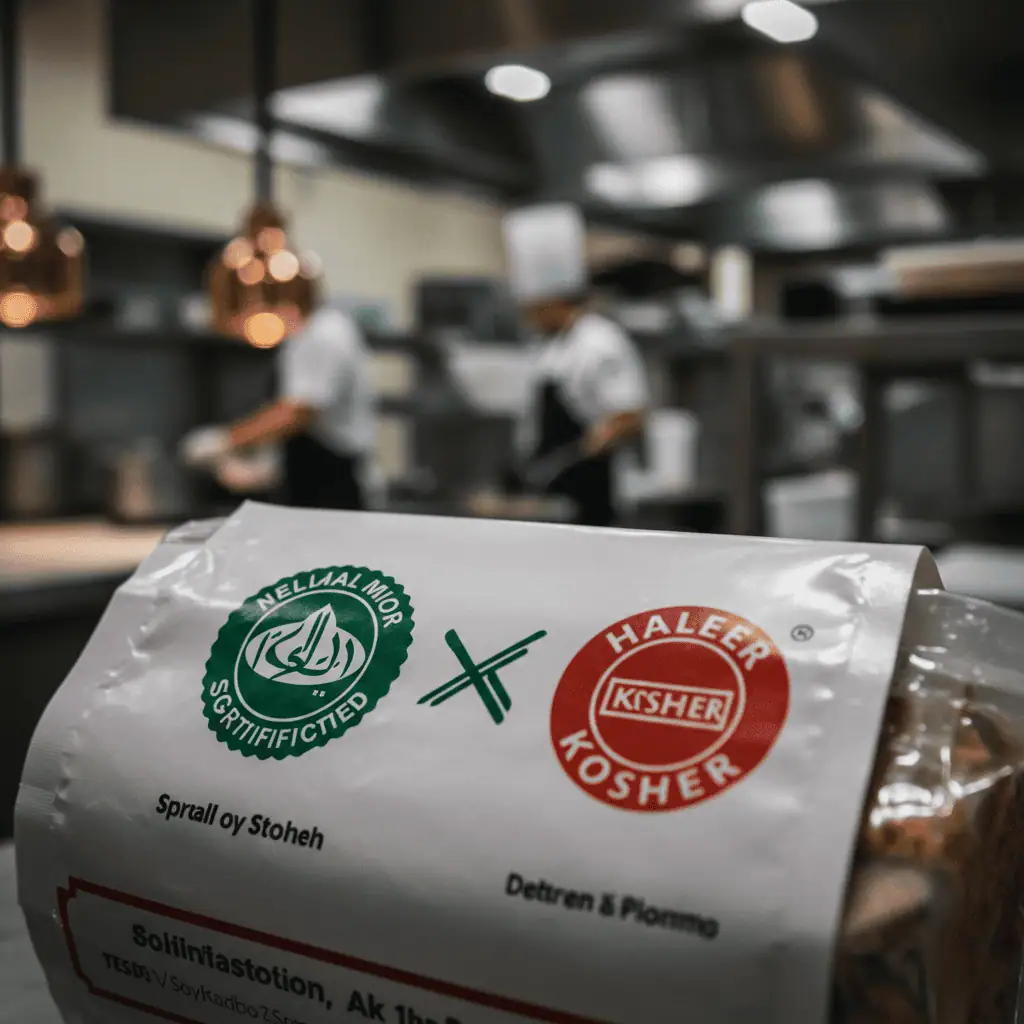
How Kosher Certification Works: Agencies and Labels
Kosher certification plays a vital role in modern food production. With globalization and mass manufacturing, it’s no longer enough for food to simply “seem kosher”—it must be verified by trusted authorities. These organizations inspect facilities, verify ingredient sourcing, and ensure that all preparation and handling align with Kashrut laws.
Some of the most recognized kosher certifying agencies include:
- OU (Orthodox Union)
- OK Kosher
- Kof-K
- Star-K
When a product bears a symbol like the “OU” or “K”, it indicates that a rabbinical authority has audited the production process and confirmed its compliance. These certifications are especially critical for packaged and processed foods where cross-contamination is more likely.
Certification factors include:
- The origin of all ingredients.
- How equipment is cleaned.
- Storage, transportation, and packaging methods.
- Whether meat and dairy are separated according to law.
Kosher supervision is not a one-time thing. It’s a continuous process with routine inspections and periodic re-certification.
Don’t miss our guide to high-protein overnight meals that might qualify for kosher diets: High Protein Overnight Oats Recipe
Halal Certification: Who Governs It and What It Means
Halal certification is equally important in ensuring that products meet Islamic dietary standards. However, halal certification is not governed by a single global body, which can lead to inconsistencies. Instead, various national and international organizations issue certifications based on Islamic guidelines.
Prominent halal certification bodies include:
- IFANCA (Islamic Food and Nutrition Council of America)
- HFA (Halal Food Authority – UK)
- JAKIM (Malaysia’s Halal Authority)
Certification confirms that:
- The meat was slaughtered according to Zabihah principles.
- The product is free of any haram (forbidden) substances, including pork and alcohol.
- No cross-contamination occurred during production, storage, or transport.
Halal-certified products display symbols that vary by certifier, such as “IFANCA Halal” or local halal authority logos. These symbols help Muslim consumers make informed, religiously compliant food choices in a globalized market.
While certification is mostly voluntary in many countries, it is mandatory in some Islamic nations for imported foods and meats.
Key Differences Between Kosher and Halal
Slaughtering Techniques: Shechita vs. Zabihah
One of the most critical differences between kosher and halal food lies in the method of animal slaughter—both spiritually and practically.
Shechita (Kosher Slaughter)
- Performed by a Shochet, a specially trained Jewish individual.
- A razor-sharp knife is used to make a swift, uninterrupted cut to the animal’s throat, severing the trachea and esophagus.
- The animal must be completely healthy before slaughter.
- No prayer is said during the act; it is considered a commandment already sanctified.
- After slaughter, the blood must be fully drained, and the animal’s internal organs are examined for disease or imperfections. If defects are found, it’s deemed non-kosher.
Zabihah (Halal Slaughter)
- Can be performed by any sane adult Muslim who understands Islamic principles.
- The name of Allah (“Bismillah Allahu Akbar”) must be recited at the time of slaughter.
- The knife should be sharp, and the animal must be killed swiftly and humanely.
- Blood must also be drained completely from the body.
- Unlike kosher, post-slaughter organ inspection is not required under Islamic law unless required by local authorities.
While both methods prioritize humane treatment, kosher focuses more heavily on ritual cleanliness and physical health of the animal, whereas halal emphasizes spiritual sanctity through verbal invocation.
Prohibited Ingredients and Alcohol Rules Compared
When it comes to forbidden items, kosher and halal diets share some common ground but also have clear divergences.
Pork
- Both kosher and halal strictly forbid the consumption of pork and its byproducts. No bacon, no lard, no exceptions.
Alcohol
- Halal rules ban all forms of alcohol, including cooking wine, beer-battered foods, and any ingredient derived from ethanol or spirits.
- Kosher law allows alcohol, but it must be certified kosher. For instance, kosher wine must be made by observant Jews and handled under supervision.
Meat and Dairy
- In kosher diets, the separation of meat and dairy is non-negotiable. Even a drop of milk in a meat dish renders the entire meal non-kosher.
- In halal diets, there is no restriction against mixing meat and dairy.
Gelatin and Enzymes
- Kosher gelatin must come from kosher-slaughtered animals or fish with fins and scales.
- Halal gelatin must be from a halal-slaughtered animal or plant-based source.
- Both traditions scrutinize enzymes and additives heavily—especially when derived from animal origins.
These differences, while subtle, matter significantly in religious compliance. A product might be halal-friendly but disqualified from kosher status due to dairy, or vice versa due to alcohol-based flavorings.
Common Ground Between Kosher and Halal Food
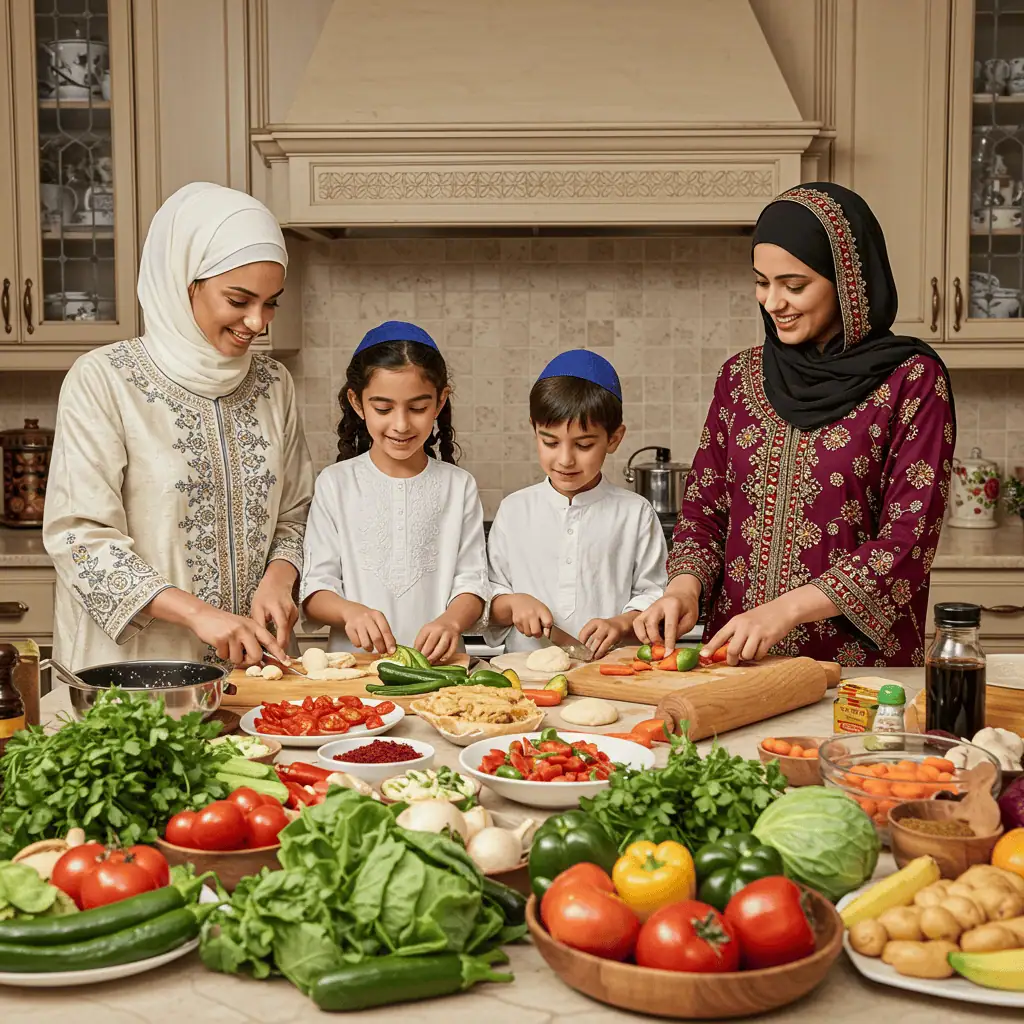
Shared Principles: Cleanliness, Ethics, and Animal Welfare
Despite their distinct religious origins, kosher and halal food share several guiding principles that reflect deeply held spiritual and ethical values. These shared tenets are what often make them appear similar to the outside observer—and why many people assume they’re interchangeable (which, as we’ve seen, they’re not).
Here’s where both systems align:
- Sanctity of Life: Both kosher and halal laws demand that animals be treated with respect and slaughtered humanely. This ensures minimal suffering and acknowledges the sacredness of life.
- Cleanliness and Purity: In both Jewish and Islamic law, food preparation is held to a high standard of cleanliness. Cross-contamination is strictly avoided, and the entire process—from farm to plate—must be spiritually and physically clean.
- No Blood Consumption: Both prohibit the consumption of blood. Meat must be thoroughly drained of blood before it is deemed acceptable.
- Focus on Ethical Eating: Ethical sourcing, humane treatment, and transparency are priorities in both traditions. In many ways, kosher and halal principles laid the groundwork for the modern “ethical eating” movement.
- Spiritual Mindfulness: Both systems promote mindfulness in what we eat, encouraging people to think about where their food comes from and how it aligns with their beliefs.
These shared values make kosher and halal foods attractive to non-religious consumers who are concerned with animal rights, food integrity, and ethical sourcing.
Foods That Are Universally Acceptable to Both Groups
Interestingly, there are certain foods that are naturally compliant with both kosher and halal dietary laws, making them safe choices for diverse households, events, or restaurants catering to mixed audiences.
Examples include:
| Food Category | Kosher Compliance | Halal Compliance |
|---|---|---|
| Fruits & Vegetables | Naturally kosher | Naturally halal |
| Fish (with fins & scales) | Kosher if proper species | Halal by default |
| Grains & Legumes | Permitted (unprocessed) | Permitted (unprocessed) |
| Plant-based oils | Kosher if no dairy/meat contact | Halal if not alcohol-processed |
| Eggs | Kosher from kosher birds | Halal from halal sources |
Also, many vegan and vegetarian products can meet both standards, especially when free from alcohol, gelatin, or animal-derived rennet. This overlap has led to a small but growing niche of dual-certified products that carry both kosher and halal seals—offering peace of mind to both Jewish and Muslim consumers.
Kosher and Halal Food in the Modern Food Industry
How the Food Industry Adapts to Kosher and Halal Markets
In today’s global economy, the demand for kosher and halal food is growing rapidly. No longer limited to religious consumers, these products are gaining popularity among health-conscious eaters, vegetarians, and ethically minded shoppers.
This demand has reshaped the food industry in major ways:
- Dedicated Production Lines: Many large food manufacturers now maintain separate lines for kosher and halal production. This helps prevent cross-contamination and ensures compliance with religious standards.
- Third-Party Certification: To meet strict requirements and reassure consumers, food producers often partner with agencies like the Orthodox Union (OU) or the Islamic Food and Nutrition Council of America (IFANCA). These certifications are prominently displayed on product packaging.
- Private Label & Supermarket Brands: Major grocery chains now offer store-brand products that are certified kosher, halal, or even both. This shift makes it easier for consumers to access religiously compliant foods affordably.
- Online Retail Expansion: With the rise of e-commerce, kosher and halal specialty stores now serve nationwide audiences. Retailers like Amazon and niche platforms offer a wide range of certified goods, from meats to frozen meals.
- Restaurants and Meal Services: From fast-food chains to fine dining, foodservice businesses are increasingly aware of kosher and halal requirements. Some now pursue dual-certification to expand their market reach.
This evolving landscape is a clear sign: kosher and halal aren’t niche anymore—they’re part of the mainstream.
Check out these plant-forward meals that may align with kosher or halal dietary preferences: Power Bowl Recipes Vegan
Growth of Dual-Certified Products and Global Demand
One of the most exciting developments in the industry is the rise of dual-certified kosher and halal products. Though rare, these items cater to a crossover audience and are especially valuable in multicultural regions.
Why dual certification matters:
- It allows manufacturers to expand into both Muslim and Jewish markets with one product line.
- In international trade, it opens doors to markets in the Middle East, Southeast Asia, and North America simultaneously.
- It signals a higher standard of ethical and religious transparency to all consumers.
Examples of dual-certified products include:
- Certain processed meats and poultry
- Packaged snacks
- Beverages (non-alcoholic)
- Baked goods made with plant-based shortening and dairy alternatives
As awareness grows, more companies are exploring this option—not just to tap new markets, but to build trust with value-driven consumers across the board.
Challenges with Kosher and Halal Compliance
Cross-Contamination and Food Supply Chain Integrity
While the demand for kosher and halal food has skyrocketed, ensuring full compliance in large-scale production remains a complex challenge. One of the biggest issues facing both certifications is cross-contamination—when non-permitted items come into contact with otherwise compliant food.
Here’s where it often goes wrong:
- Shared Equipment: Factories processing both kosher/halal and non-compliant products risk cross-contact. Even trace amounts of pork, shellfish, or alcohol-derived ingredients can render a product non-compliant.
- Improper Cleaning Protocols: Utensils, conveyor belts, and storage units must be thoroughly cleaned and sanitized according to religious guidelines. If not, the final product may be compromised.
- Global Supply Chains: Ingredients sourced from different countries may pass through hands or facilities that don’t follow kosher or halal protocols. This is especially concerning with flavorings, additives, and enzymes.
For truly kosher and halal certified products, the entire supply chain must be inspected, controlled, and verified—from farm to table.
Even minor mishandlings, such as transporting halal meat in a truck that previously carried pork, can breach compliance. That’s why many certified suppliers implement full traceability systems with batch coding and third-party auditing.
Don’t miss our helpful guide to ethical breakfast options that can be adapted for halal or kosher needs: Healthy Breakfast Sausage Recipes
Labeling Confusion and Misleading Product Claims
Another common issue for both kosher and halal consumers is unclear or misleading labeling. As awareness grows, so does the temptation for brands to market their products as “halal” or “kosher” without proper certification.
Here’s what contributes to confusion:
- Uncertified Claims: Products labeled “halal-friendly” or “kosher-style” may not meet the full religious criteria. These terms are unregulated and can mislead consumers.
- Expired Certifications: Some companies keep outdated certification symbols on their packaging without renewing the actual approval.
- Imported Foods: Labels might display unknown certification marks not recognized in the buyer’s country, making it hard to verify authenticity.
To stay safe, consumers are advised to:
- Look for symbols from recognized authorities (e.g., OU, OK, IFANCA, HFA).
- Check for batch numbers or tracking details for extra assurance.
- Visit certifiers’ websites to confirm that a product or company is currently certified.
In response to these concerns, many certifying bodies now provide online searchable databases where users can verify the halal or kosher status of a brand or product in real time.
Consumer Perspectives and Cultural Impact
The Role of Faith and Identity in Food Choices
For many people, food is far more than just fuel—it’s a powerful expression of faith, identity, and community. For Jewish and Muslim consumers, choosing kosher or halal food isn’t just a dietary habit—it’s a meaningful commitment to living in harmony with spiritual beliefs.
Religious observance often starts at the dinner table. This is especially true in multicultural societies like the United States, where personal beliefs are deeply interwoven into daily routines.
Here’s why religious food practices are so significant:
- Spiritual Discipline: Following kosher or halal law reinforces a lifestyle of mindfulness and self-discipline. Every meal becomes an opportunity to honor faith and tradition.
- Cultural Continuity: Food connects generations. Recipes, rituals, and mealtime prayers preserve centuries-old traditions and foster intergenerational bonds.
- Community Building: Kosher delis and halal butchers often serve as community hubs. Shared eating practices create a sense of belonging and cultural pride.
As a result, kosher and halal observance continues to grow—even among younger generations—driven by both religious conviction and cultural identity.
Kosher and Halal as Health and Ethical Preferences
Interestingly, not all kosher or halal consumers are religious. In recent years, more people have adopted these dietary systems for reasons related to health, ethics, and food safety.
Here’s why:
- Transparency and Accountability: Kosher and halal certifications require full ingredient disclosure and supply chain transparency. For conscious eaters, that’s a major plus.
- Cleaner Meat Options: Since both systems require humane slaughter and full blood drainage, many people view kosher and halal meats as cleaner, more ethical options.
- No Hidden Additives: Halal and kosher laws forbid animal-based rennet, certain emulsifiers, and alcohol-based preservatives. As a result, certified products are often free from questionable additives.
- Vegan and Plant-Based Alignment: Many plant-based products qualify as both halal and kosher, making them appealing to flexitarians and ethical consumers alike.
As ethical consumption becomes more mainstream, kosher and halal certifications are now symbols of integrity far beyond the religious market.
FAQs About Kosher and Halal Food
Can a product be both kosher and halal?
Yes, but it’s not common. A product can be both kosher and halal if it meets the requirements of both religious dietary laws. This includes:
- Proper animal slaughter methods (Shechita and Zabihah)
- No use of prohibited ingredients (e.g., pork, alcohol)
- No cross-contamination with non-compliant items
- Separate utensils and equipment during preparation
However, one of the biggest challenges is the difference in processing rules. For example, kosher law prohibits mixing meat and dairy, while halal permits it. Additionally, kosher wine is permitted under Jewish law but not acceptable in halal due to alcohol content.
Some food manufacturers invest in dual-certification, especially for plant-based or non-meat items where the rules overlap more easily. These products are ideal for households or businesses serving both Jewish and Muslim communities.
Is Chick-fil-A halal in the USA?
No, Chick-fil-A is not halal-certified in the United States. While their chicken is known for being high quality, it is not prepared according to Zabihah standards, nor is the chain certified by any recognized halal authority.
For a restaurant to be truly halal, it must:
- Source meat from certified halal suppliers
- Ensure no alcohol or haram ingredients are used
- Avoid cross-contamination during cooking
Some independent Chick-fil-A franchise locations may offer select menu items that appear halal-friendly, but without official certification, observant Muslims are advised to avoid it.
Can Muslims eat kosher pork?
No, Muslims cannot eat pork under any circumstance—even if it is labeled kosher. Pork is explicitly forbidden (haram) in Islam and is never considered permissible, regardless of how it is slaughtered or processed.
In contrast, kosher law allows pork alternatives, like beef bacon or turkey sausage, as long as they’re from permitted animals and processed correctly. But pork itself is off-limits in both systems, and Muslims must avoid even kosher-certified pork.
What makes a food kosher?
A food is kosher when it follows the dietary rules laid out in the Torah and enforced by rabbinical authorities. Here are the primary requirements:
- Only permitted animals can be consumed (e.g., no pork or shellfish).
- Animals must be slaughtered by a Shochet using the Shechita method.
- Blood must be removed from meat through salting or broiling.
- Meat and dairy must never be mixed, including in preparation, cooking, or serving.
- All equipment used in cooking or processing must be kosher and separate based on food type.
- The final product must be supervised and certified by a recognized kosher authority (e.g., OU, Kof-K, OK).
Even a seemingly harmless snack or drink may be non-kosher if it contains gelatin from a non-kosher animal, wine processed improperly, or dairy used in meat products.
Conclusion: Why Understanding Kosher and Halal Matters in Today’s Diverse Food Culture
As dietary habits grow more diverse and inclusive, understanding the differences and similarities between kosher and halal food has never been more important. These aren’t just culinary choices—they’re deeply rooted expressions of faith, ethics, and identity.
Whether you’re an observant Jew, a practicing Muslim, or someone seeking clean, transparent, and ethical food sources, kosher and halal certifications offer structure and clarity in a complex food landscape. From certified meats to vegan meals, and from religious practices to modern industry standards, both systems continue to evolve—offering options for anyone striving to eat with purpose.
Learn more about plant-based, budget-friendly eating ideas that align with various dietary values: Cheap Meal Prep Ideas Week
